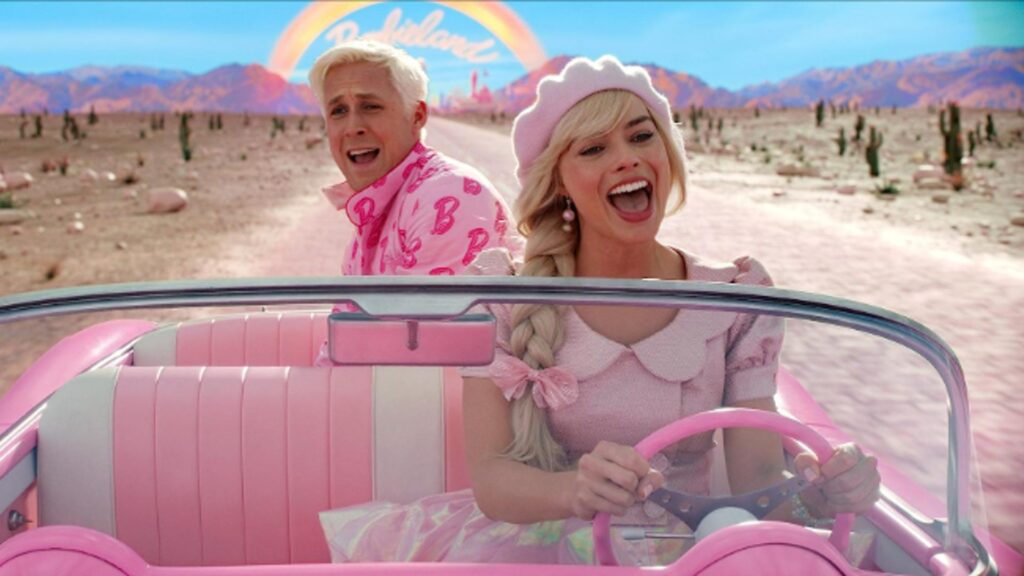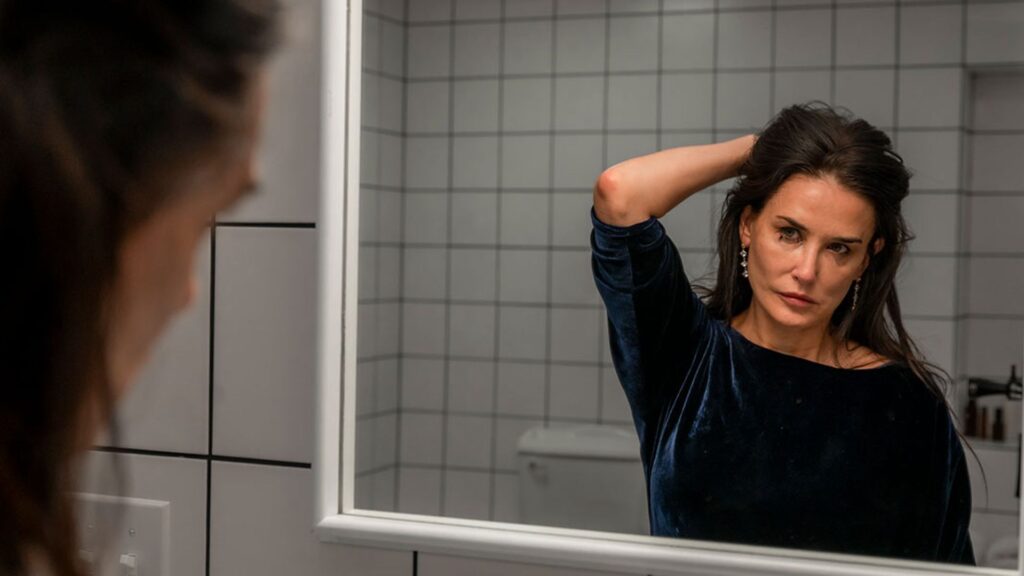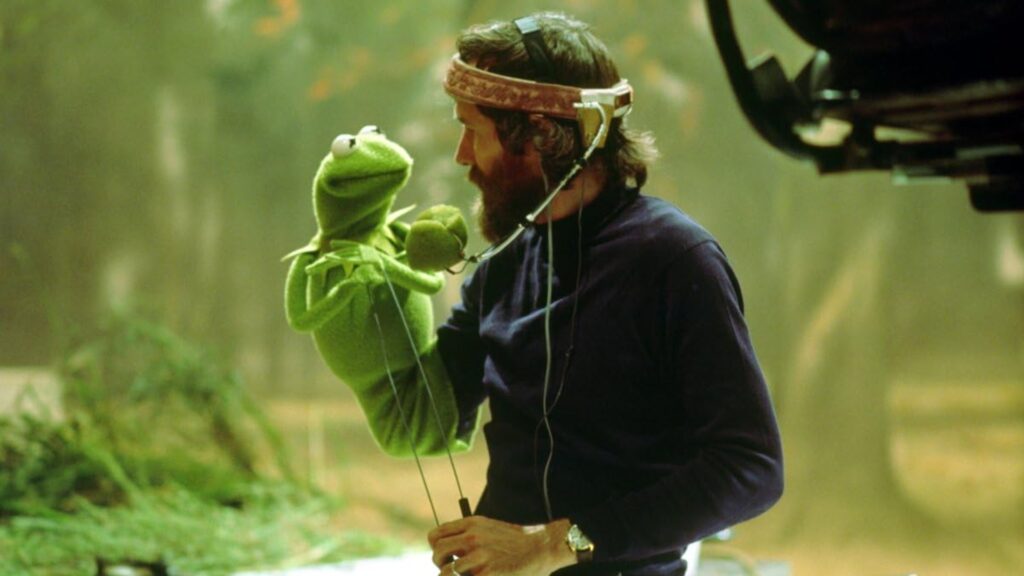Sure, everyone’s familiar with Mattel’s iconic toy line, but who exactly is dying to watch a Barbie origin story on the silver screen?
On the surface, Barbie looks like any other soulless corporate cash grab mining content from popular toy lines – I see you, Battleship!
To be fair, that’s not a terrible assumption in most cases. As much as I enjoy Transformers movies, no one will ever confuse them with high art.
However, don’t lump Barbie in with big dumb popcorn flicks like G.I. Joe spinoff Snake Eyes because this movie arrives on the scene packing a secret weapon: Greta Gerwig.
Gerwig, who both directed and co-wrote Barbie, stands as one of the hottest young filmmakers working today. Her growing filmography consists of empowering films about the resilience of the female spirit. Her debut film Lady Bird, is one of the best coming-of-age films in a decade, earning Gerwig Best Picture, Best Director, and Best Original Screenplay Academy Award nominations.
Her follow-up, a superb retelling of Little Women, earned Best Picture and Best Adapted Screenplay nominations.
A filmmaker with Gerwig’s sensibilities doesn’t take on a big-budget studio feature like Barbie for the cheque. They sign up for these types of projects because some aspect of the source material resonates on a personal and artistic level. Barbie presents Gerwig with an opportunity to push herself creatively while exploring complicated feminine themes on the biggest stage imaginable.
Making a Barbie movie isn’t like adapting the Transformers or Batman. There’s no widely accepted backstory for Gerwig and co-writer Noah Baumbach to navigate. Much like The Lego Movie, the property’s lack of narrative restrictions allows the co-writers to let their imaginations run wild. And the result is a movie unlike anything else arriving in theatres this summer.

Barbie defies a simple description. It has the whimsy and wonder (and gorgeous lo-fi sets) of The Wizard of Oz and the existential curiosity of The Matrix. Throw in some of the irreverent humour found in Austin Powers movies, a dash of Pinocchio, and some nods to Toy Story and you start to get an inkling of this film’s singular style and tone.
The story begins in Barbieland, where all the variations of Barbie and Ken live in a cotton candy-coloured utopia. Everyone is beautiful, and every day is perfect in the Barbies’ “Good Vibes Only” world.
One day, amidst all the sing-alongs and dance numbers, dark thoughts creep into “classic” Barbie’s (Margot Robbie) head. Instead of thinking about cute outfits and even cuter boys, Barbie contemplates death and quickly spirals into an all-out existential crisis. Suddenly her dainty feet aren’t seamlessly contoured to her high heel shoes, and she’s shocked to discover cellulite forming on her perfectly toned legs.
It turns out that Barbie’s reality is being reshaped by the imagination of a young girl playing with a Barbie doll in the real world. To restore balance, Barbie must venture to real-life Los Angeles to help uplift the child’s spirits.
But fixing the problem is easier said than done. After arriving in LA, Barbie and her stowaway companion Ken (Ryan Gosling) find out the real world is nothing like Barbieland. The duo must quickly learn to overcome the most dastardly threat imaginable: toxic masculinity.
Barbie is a laugh-out-loud funny summer popcorn flick that’s bursting with heart. The film offers a bit of something for everyone; impressive (and hilarious) song and dance numbers, a car chase, and even a badass fistfight. But the main reason the movie works so well is its impressive cast.
America Ferrera, Michael Cera, Kate McKinnon, Will Ferrell, Rhea Perlman, Helen Mirren, and Simu Liu all knock it out of the park. Even though this movie clocks in at two hours, I didn’t get my fill of the supporting cast. The many Barbies and Kens don’t get much screen time, but they leave lasting impressions (shout out to Allan).
Of course, it’s Robbie who is the star at the centre of Barbie’s sparkling universe. This would be a tough role for any actor, and Robbie is more than up for the challenge. She’s tasked with embodying perfection while also breathing life into a two-dimensional character. She has to begin the film as a plastic caricature of a real woman and then modulate the performance to slowly dial up Barbie’s humanity by the of the movie.
No one doubted Robbie would embody the glitz and glammor associated with the character – she’s a stunning and charismatic Hollywood A-lister with charm to spare. However, she’s just as at ease quipping with Gosling and unlocking Barbie’s vulnerability.
Gosling excels as a codependent sidekick forever stuck in Barbie’s orbit. Gosling plays Ken as the ultimate himbo – he delivers some of the film’s funniest lines. His defiant, insecure man-baby schtick is guaranteed to fuel a generation of gifs and memes.
Barbie is silly and irreverent, but there’s plenty going on beneath the surface. And Gerwig loads the film with witty criticisms about capitalism, gender dynamics, and the joys and frustrations of womanhood.

The movie offers the sort of densely packed social commentary that will spark countless breakdowns on Letterboxd and Film Twitter. But to fully grasp what this film is saying requires viewers to hold two opposing viewpoints in their head at once.
For many, Barbie represents the antithesis of feminist ideals. Barbie is an attractive woman whose value is tied to her looks. Barbie dolls promote unattainable beauty standards while conditioning young girls to play second fiddle to the men in their lives.
But another faction views Barbie as an empowering icon that inspires women to become the very best version of themselves. They argue Barbie shows young girls a vision of the world as it should be. A reality where women were never discouraged or held back from becoming presidents, astronauts, and supreme court judges.
Both of these perspectives are true, and the film exists in the chaotic space where the two concepts overlap.
Barbie serves as a rejection of the narrow spectrum of behaviour that has traditionally defined womanhood. The film seeks to move the conversation beyond the old-school Barbie ideals while manifesting a world unsullied by the dredges of fragile male egos.
Gerwig’s imaginative and thought-provoking take on the material creates the best-case scenario for a major studio toy line adaptation. You can either enjoy the slapstick humour or dissect it as a dissertation on gender norms in pop culture.
No matter how you choose to enjoy this film, it’s not to be missed. Barbie is an enchanting cinematic treasure destined for cult classic status.

Let me know your thoughts about Barbie on Twitter and in the comments below. If you enjoyed this review, please help out the site by sharing it on social media. And keep coming back to VSR for new reviews, interviews, and videos.


